Affiliate Disclosure: We earn a commission if you purchase through one of our links at no additional cost to you.
I filed a copyright infringement lawsuit a while ago. Although I ultimately prevailed and received a settlement, the experience left a bad taste in my mouth. Now I found a friend in the unenviable position of copyright infringement, and folks on Facebook are all telling him to sue. Should he?
How To Get Around Watermarks
Perhaps you’ve heard that watermarks won’t stop people from stealing your photos. They’re right. My friend Arno is a photographer who specializes in fitness and athletes. He regularly includes watermarks on his images, yet he found just how one person got around them. Here’s a sample of his work and how someone edited it to eliminate his watermark.
The image on the right is how he released the work. The subject’s name is by her head. His watermark shows two square logos above the dumbbells and includes text across the subject’s body.
Now examine the image on the left. Different background. No watermarks from the original photo. Different processing. They selected the subject and cut her out of Arno’s original image. Then they Healed or Cloned out the text going across her body. Their processing boosted contrast significantly, but I think it also helped them hide some issues with cloning the text from Arno’s watermark.
Just like that, a photo with heavy watermarking was stolen. Now it’s a promotional poster with no credit (or payment) to the original photographer for the usage in the derivative work.
You Should Sue Their Ass!
That’s the kind of comment usually provided when these issues come up on social media. I used to think very much the same, which is why I wrote Should You Sue for Copyright Infringement on this site three years ago. I was mad, angry, fired up, and ready to explode. How dare some commercial site use my photo without contacting or paying me?
Many of Arno’s friends recommend a similar course of action, even offering contacts with attorneys. Arno is wisely discussing his situation with an attorney.
Whether he pursues a lawsuit or not is up to him. I don’t know all the details, so I can’t offer him any advice on whether he should sue. That doesn’t stop most people from advising a lawsuit, though. We often hear of lawsuits on the news that we take for granted. Did someone cut you off in traffic? Sue his ass!
Some attorneys will offer wise counsel. Some don’t mind filing a lawsuit on any issue. I suppose there are a lot of folks in between, too. I’m no attorney, but I’ll share what I learned from my copyright infringement lawsuit.
A Copyright Infringement Lawsuit Short Course
I’m sharing here as a consumer of legal services, not as an attorney. I learned quite a bit, and there were a few things I wish I’d known before I started. So here’s my shopper’s guide to deciding when you should file a copyright infringement lawsuit.
1: The People Who Advise You To Sue Have No Experience With Lawsuits
You don’t have to dig deep to understand the truth here. Just because someone has every episode of Matlock on VHS tape doesn’t mean they truly understand how to practice law. There are plenty of boring details you never see on TV.
2: The People Who Quote Law To You On Social Media Have No Experience With The Law
Common knowledge is worth the amount you paid for it. If you want legal advice, pay an attorney who practices in the field where you need advice. Lots of people on social media will tell you what the law says. In some cases, they may even be right. However, what the law says and the lawsuit requires may differ.
Here’s a case in point. Many photographers in the USA know that their images are protected by copyright law the moment they’re created. While technically true, a copyright infringement lawsuit occurs in federal court. The first thing the judge requires is a valid copyright registration. That registration is the key to the courthouse. It’s not enough to have it, the registration must also be valid.
For example, you can’t register the photo after the infringement and expect it to stand in court. Register your photos with the U.S. Copyright Office before you put them out for someone to steal them.
3: The People Who Defend Stolen Images Have No Experience With The Law
Almost every defendant claims Fair Use of the images. Others have misguided views of the law (despite probably never having read a statute), like this response that Arno received.
She seriously believes that being a family member has more legal standing than being the photographer who created the image. I sincerely doubt that will hold up in court, but go ahead and try.
4: A Lawsuit Is Not An Emotional Action. It’s Business
Lawyers, perhaps with an occasional exception, are not in business for your righteous cause. They’re in business. They want to make money. The fact that you’re emotional and fired up does not help your case. It hinders your ability to make rational judgments. The lawyer wants to know that you have a valid case and can do business calmly and rationally. Leave your pissy attitude at the door. They’re in it for the money.
5: The Only Way To Control Your Lawyer Is To Pay Your Lawyer
This is an important – extremely important – extension of #4. Never forget that the attorney is in it for the money. As long as he or she is getting paid, he or she will work if there are still legal options on the table.
Many copyright infringement lawsuits proceed with the attorney accepting the case for a percentage of the results. It’s good business for them. They know that most photographers and artists can’t afford to pay their fees throughout the duration, at least not upfront. However, they also know that most cases are settled in the low five-figure range. The attorney always has an eye on the money. That’s the driving force, not your case.
Your copyright infringement attorney is not in it for you! They’re in it for the money. Never, ever forget it.
6: There Is No Such Thing As A Free Defense
While the person who files the lawsuit may have an attorney working for a payoff at the end, a defendant never has that luxury. They have to pay their attorney from the very start. The longer it drags out, the more they pay. That’s why 98% (rough figure) end up settling. The law favors a settlement, but so do the economics of being a defendant.
7: There Is No Such Thing As A Free Lawsuit, Either
Don’t expect to file a lawsuit if you’re penniless. Even if the attorney is willing to withhold his or her service fee until the payoff at the end, there are other fees involved in filing a lawsuit, and you’ll foot the bill for filing fees and other issues. You may also have to travel, take time off work for depositions and face other expenses.
8: The Jurisdiction Where You File May Not Be Where You Expect
I live in Florida, but I made the mistake of hiring an attorney in California based on the recommendation of a friend (one who had no experience with copyright infringement lawsuits). Despite the availability of electronic communication, lawyers are still stuck in the stone age. They want you in the same room when it’s time for a deposition. That means you travel to their room or pay a lot for them to travel to yours.
9: When The Defendant Gets Stubborn And Refuses To Settle, Your Free Attorney Will Cave
I’m told this doesn’t happen 98% of the time because business is business. People don’t want to spend money on their lawyers to defend an action when it’s cheaper to settle – even if that settlement hurts. There are exceptions. Your attorney will tell you that, but he’ll also tell you, “Don’t worry, they’ll pay, and you’ll get lots of money”.
I seem to be a two-percenter.
The defendant, in my case, realized that it had a lot of photos it had downloaded without permission. They couldn’t afford to pay big bucks to all of them, so they stood their ground. Just like my attorney claimed for months that they would not do. Instead, they offered a four-figure settlement. Not bad, but not at all what I was led to expect.
That’s when my attorneys suddenly changed their tune. I rejected the settlement and said, “Let’s take it to court.” After all, my first question to the attorney – the very first question – was, “Are you willing to take this to trial?” The answer was, “Yes, but it won’t come to that.”
I asked this question several more times and got the same answer.
So when I said, “Let’s take it to trial,” try to imagine how pissed I was with my legal counsel when they said, “There’s too much risk to take it to trial.”
Risk? What damn risk? I have a valid registration! It’s clear that they took my photos without a license and posted them on their commercial website!
It didn’t matter what I said. It didn’t matter what they promised me. What mattered is that the other side decided to put up a fight. The “risk” wasn’t so much we would lose, but rather that they would rack up so much cost that the settlement wouldn’t cover their effort. In other words, it wasn’t profitable to take it to court, so they put up every obstacle they could against me (their client) to settle for the lower figure on the table.
10: You Don’t Have An Attorney. Your Attorney Has A Business
Nothing personal, just business.
My attorney was never my attorney because I wasn’t paying them. Remember that if you ever decide to sue and accept a “free” representation with a percentage of the settlement for the attorney.
I don’t doubt there are nice attorneys out there. My attorney was nice to me. I don’t doubt that some attorneys and clients have gotten along just fine for years. What matter is an understanding that each of you has your interest. The relationship may be mutually beneficial. Each of you will act in your best interest when it isn’t. That’s when the experience may turn sour.
There Are No Guarantees
You may have an outstanding case, technically win, and leave feeling lousy. I did. Yes, I got about $5,000 for my efforts. It seemed to drag on forever. It was emotionally draining. I ultimately felt betrayed by the people I thought were there to do my bidding. Now I realize they were only there to use me and others like me. That’s the business.
So when should you file a copyright infringement lawsuit? When you know that you’re not in charge unless you’re paying. Otherwise, you’re just the pawn to help someone else make money. Emotionally and financially, you’ll pay a cost to file a lawsuit. Be sure you’re ready for it, and guard your expectations.

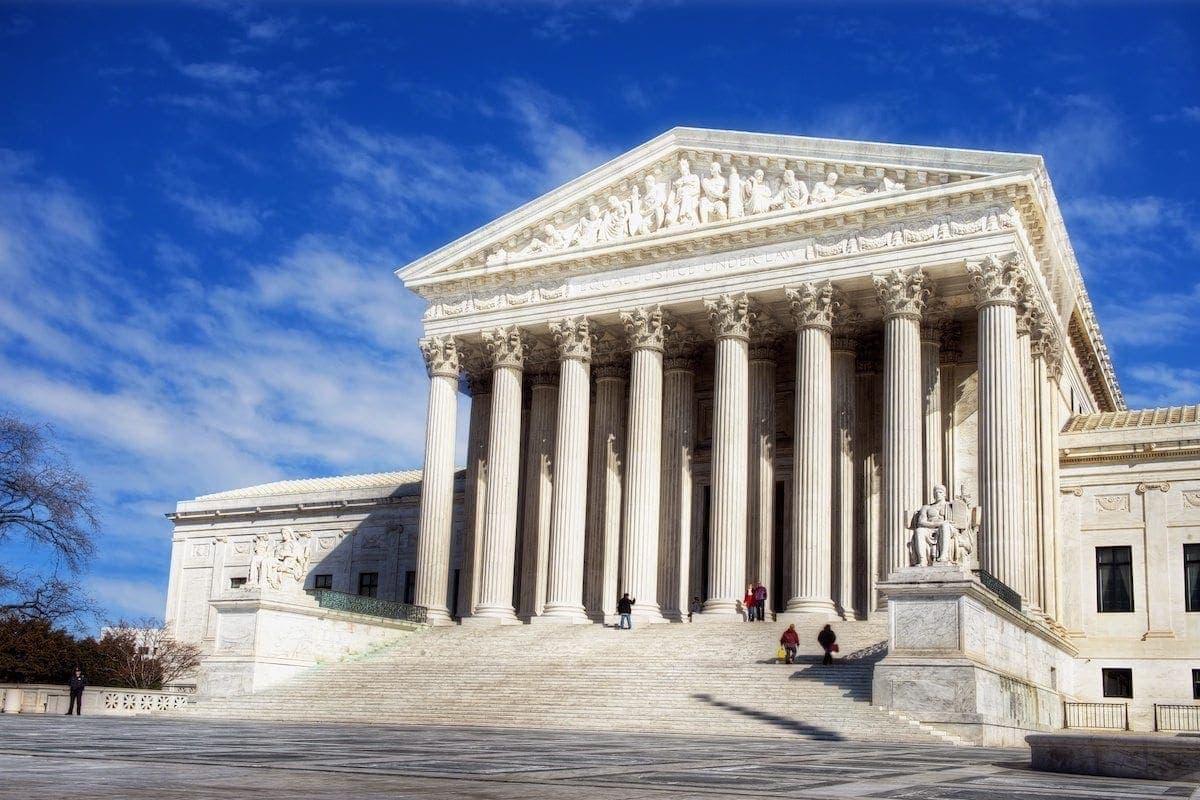


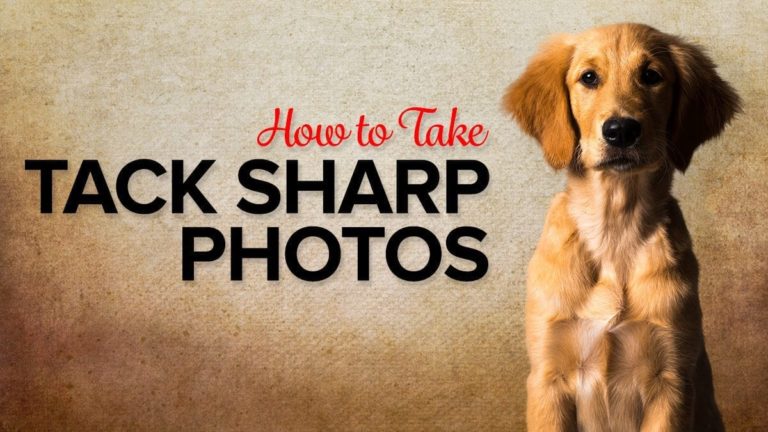

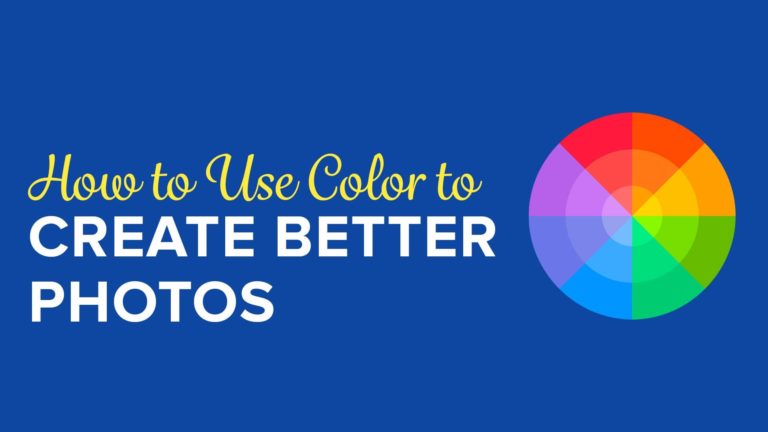
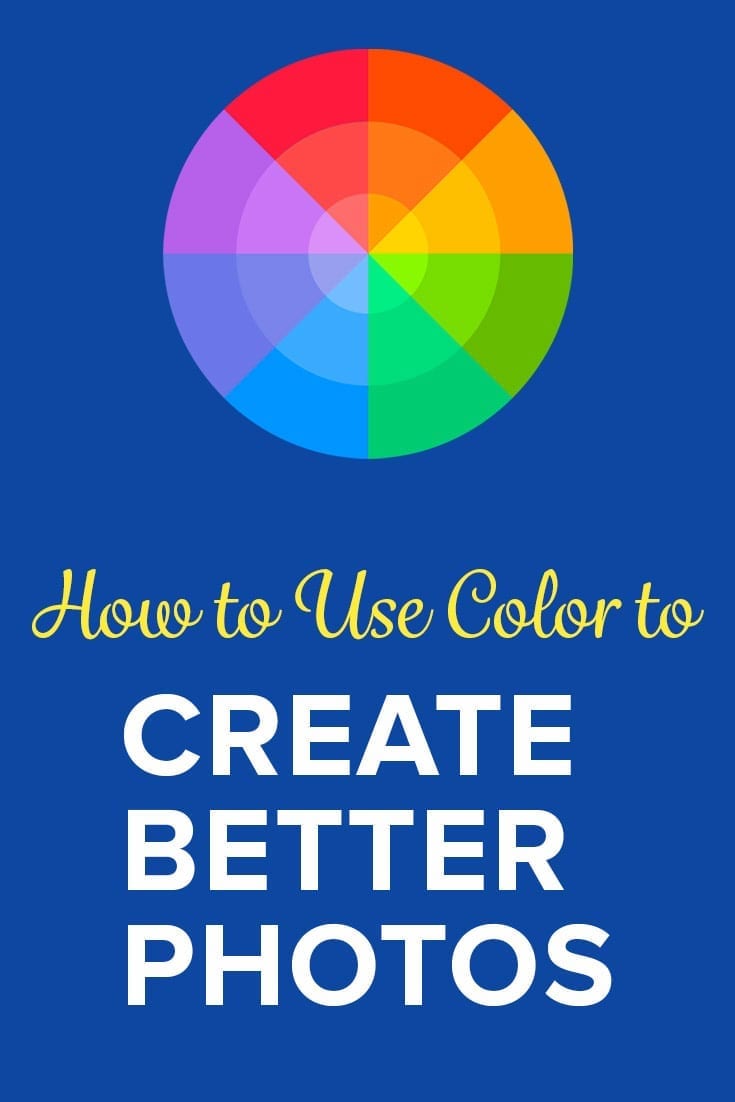






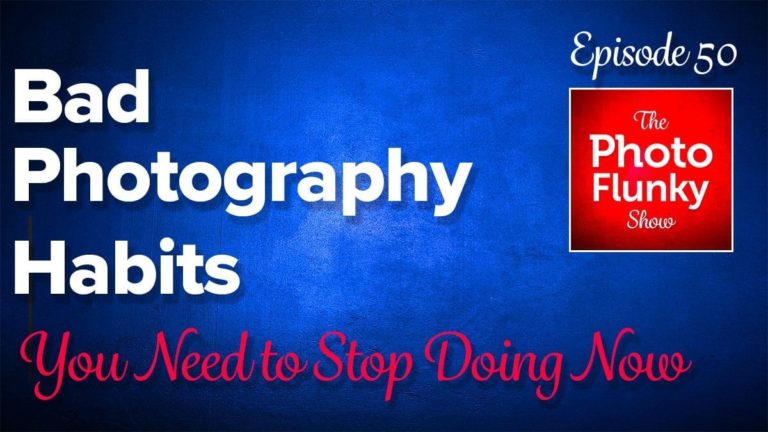

Wow. Thank you for your blog. This was excellent. But if we little businesses don’t do anything; then all the hrs of work we have put into our business is for nothing. And then it’s for nothing if these lawyers don’t do their part. This is so annoying as there is no other way to stop ppl from copying your work. Then you end up with the mentail aguish of it all. Please keep in touch with me through my email listed. I’m inspired by your message through this vlog and look to you as a mentor.